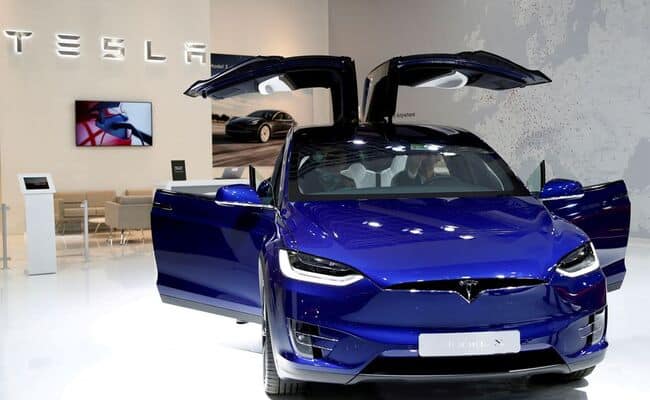Decoding Tesla’s driving data storage system

He said A Dutch government lab has decrypted the highly-protected driving data storage system of electric car maker Tesla, revealing a wealth of information that could be used to investigate serious accidents.
A team of Dutch researchers has decrypted Tesla’s data storage system, providing access to a range of information that may be useful in collision investigations.
The company’s cars were known to store data from accidents. But the Dutch Institute of Evidence (NFI) said it had discovered far more data than investigators had previously known.
The NFI said the decrypted data showed that Tesla cars store information about the operation of the driver assistance system, known as Autopilot.
Vehicles also record speed, throttle position, steering wheel angle, and brake use, and depending on how the vehicle is used, this data can be stored for more than a year.
“This data contains a wealth of information for investigators and traffic accident analysts and can aid in a criminal investigation after a fatal traffic accident or an accident with injury,” NFI Digital Investigator Frances Hoogendyk said in a statement.
The Dutch lab said that instead of requesting data from Tesla, it reverse-engineered data logs, a process in which software is broken down to extract information on the company’s cars in order to investigate it objectively.
The NFI is investigating a collision between a Tesla driver using an autopilot and a car in front of it that suddenly applied the brakes hard.
Read also: Tesla revenue rises despite chip shortage
Tesla’s driving data storage system hacked
The investigation showed that the driver responded within the expected response time to the vehicle control resumption warning. But the collision occurred because the car was closely following the other car in busy traffic.
NFI said the company encrypts driving data to keep its technology secure from other manufacturers and protect driver privacy. Car owners can request their data, including camera footage, in the event of an accident.
Earlier this year, Tesla said it had set up a site in China to store car data locally. Automakers have come under increasing scrutiny over how they handle information collected by car cameras and sensors.
The NFI found that the company had complied with data requests from Dutch authorities. But it left out a lot of data that could have been useful.
Through decryption, NFI now knows more about what kind of data the automaker is storing and for how long. This allows for more detailed data requests.
The lab said the company had remote access to the data. This data is periodically downloaded from the vehicles and used by the company to improve the product or to repair faults.
The lab explained that it obtained data from Model S, Model Y, Model X and Model 3. It shared the results at a conference of the European Society for Accident Research so that other accident analysts could use them.
Read also: Tesla breaks records in the third quarter



